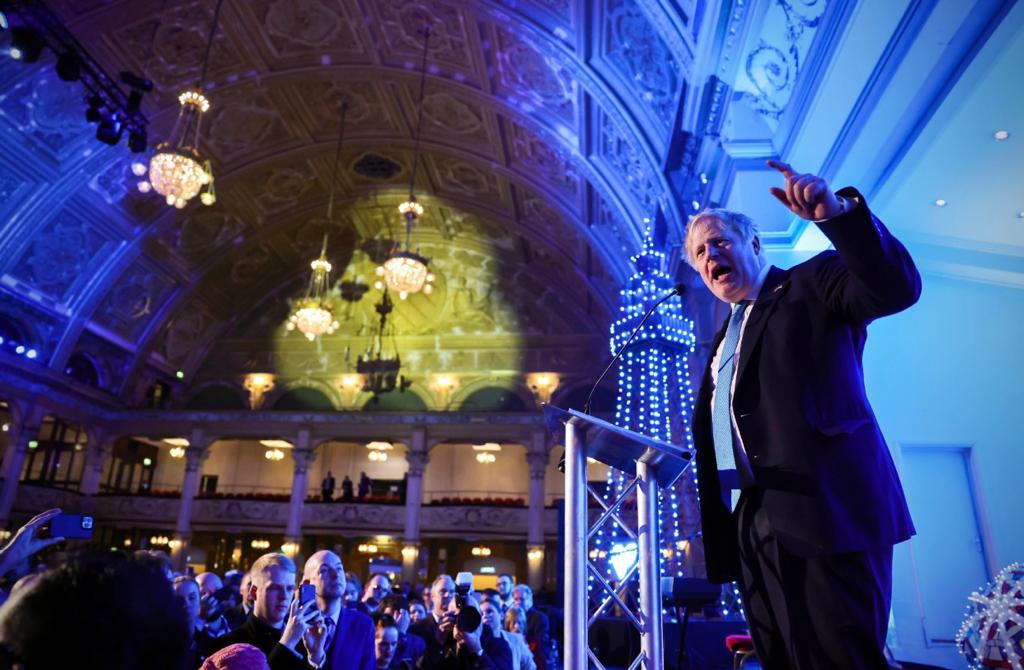In the midst of Russia’s special military operation in Ukraine, UK Prime Minister Boris Johnson says he has offered Volodymyr Zelenskyy and his family shelter in the UK.
According to the Sunday Times, Johnson has regular chats with Zelenskyy and describes him as an “extremely delightful guy who’s also proven to be an inspiration.”
Also Read |Israel’s Prime Minister accepts PM Modi’s invitation to visit India
The Prime Minister has prioritised his relationship with the President. Since Russian troops and tanks poured across the Ukrainian border, the two have spoken almost every day. Mr Johnson, a 57-year-old former journalist, and Mr Zelensky, a 44-year-old former comedian and actor, have developed a bond that officials say includes a healthy dose of levity, even in the midst of dire circumstances.
The option of Zelenskyy and his family seeking asylum in the United Kingdom has been considered, according to British Prime Minister David Cameron, but “Volodymyr has always made it clear that his obligation is to the Ukrainian people; he intends to stay and care for them. I must say that I admire him.”
After the Donetsk and Luhansk People’s Republics (DPR and LPR) requested assistance in defending themselves against Kyiv forces, Russia launched a special military operation in Ukraine in the early hours of February 24.
Also Read |Man arrested for bear spray attack on worshippers at Canadian mosque
Russia claims that the goal of its special operation is to demilitarise and “denazify” Ukraine, claiming that only military infrastructure is being attacked and that civilians are not at risk. Moscow has stated that it has no intention of occupying Ukraine.
The purpose, according to Russian President Vladimir Putin, is to safeguard Donbas residents “who have been exposed to brutality and genocide by the Kyiv administration for eight years.”
Also Read |Surrogate babies born in Ukraine wait out war in basement
In reaction to Russia’s operation, Western countries have launched a broad sanctions campaign against Moscow, including airspace restrictions and restrictive measures aimed at a variety of Russian politicians and businesses, as well as the media and financial institutions.







